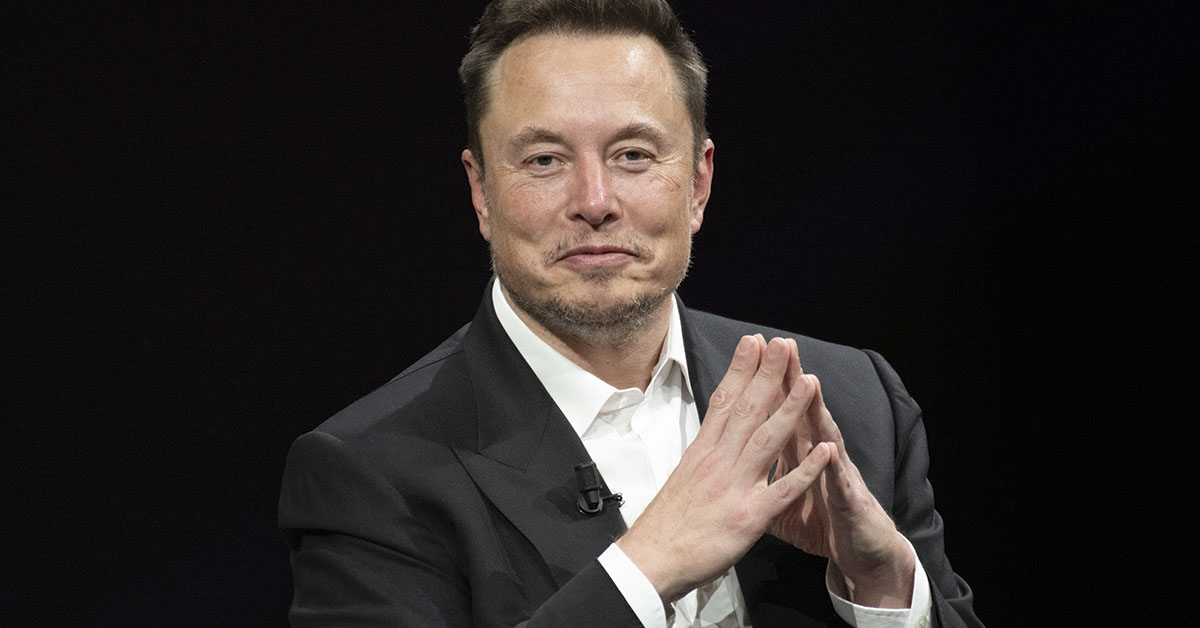Elon Musk plans to establish a city populated by a million people on Mars by 2050. He is not alone in this desire, as NASA is likewise focused on the idea of establishing a human colony on another planet. While the very idea of living on Mars still feels like the plot of some sort of science fiction movie, many scientists say that it may soon become a reality. What is the big rush towards Mars colonization, though? Surely there is still enough time to focus on more pressing issues, such as poverty and climate change? Well, some scientists say that we may have far less time than we think.
The Necessity For Mars Colonization
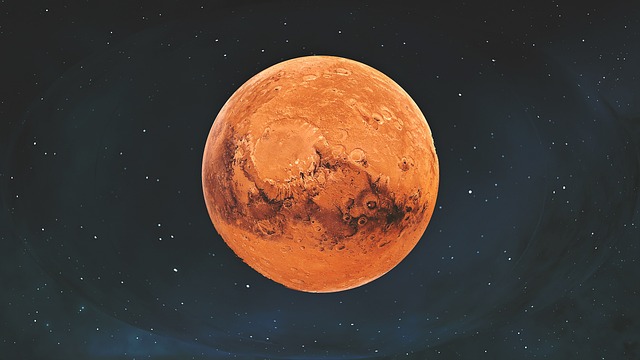
Musk recently appeared as a guest on Fox News, where he stated that all life on Earth will eventually be destroyed by the sun. According to Musk, the sun is slowly expanding, and the resulting heat will one day incinerate the Earth. Therefore, he feels that it is vital that we establish a multi-planet civilization. Furthermore, he feels that time is not on our side. The Earth has been around for around 4.5 billion years. Based on the expansion of the sun, Musk estimates that Earth is in the final 10% of its total lifespan.
Mars Is Life Insurance For Humanity
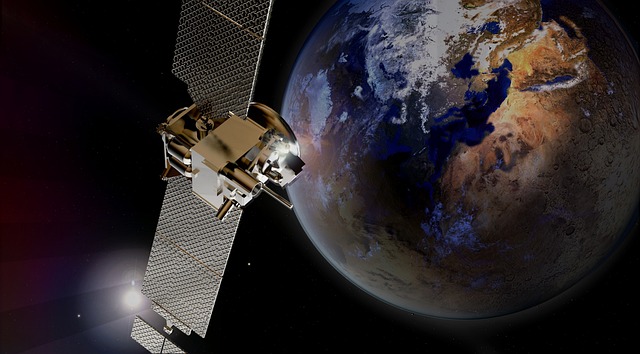
Musk feels that our best chance for survival as a species is Mars colonization. In the interview, he told Jesse Watters, “Mars is life insurance for life collectively. We have a long way to go. It’s not just about landing on Mars and fancy equipment. It’s about creating a self-sustaining city on Mars.” However, he added that it is not real-life insurance if the colony were unable to operate without receiving regular supplies from Earth. The colony would need to be fully self-sustaining if it were to truly safeguard the future of humanity.
How Long Have We Got?

The majority of astrophysicists agree that our sun is steadily heading toward destruction. No doubt, this would mean the end for life on our planet, too. The sun grows increasingly brighter and hotter as it ages over the millennia. They believe that in around 500 million years, the heat will get so bad that our atmosphere will disappear and the oceans will boil. The entire planet will effectively be rendered completely uninhabitable. This is just the beginning of the destruction of Earth, though. In approximately 5 billion years, the sun will grow to become a red giant. When this occurs, it is likely that Earth will be consumed by the sun.
Read More: Following Starship’s Explosion, How Will SpaceX Move Forward with Its Mission?
The Role of SpaceX
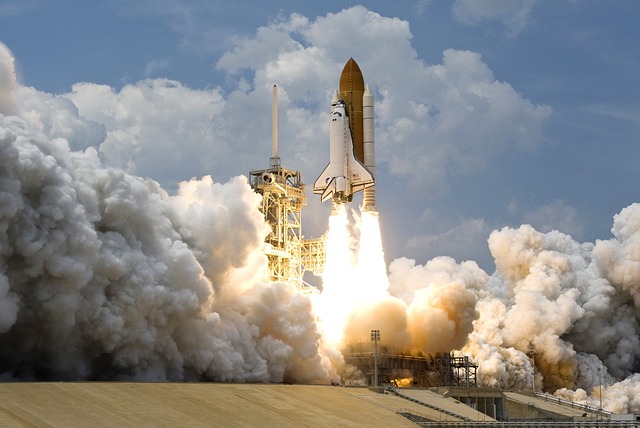
Musk has already personally invested billions of dollars into the idea of Mars colonization. His company, SpaceX, is already developing Starship rockets with its long-term goal being the development of Martian colonies. While the sun’s destruction may still be an inconceivably long time away, there are many other threats that face our planet. Any of them could potentially wipe out our entire civilization. Ranging from external threats such as rogue asteroids to self-inflicted threats like nuclear war, our lives on this planet are by no means assured.
NASA’s Role in Mars Colonization
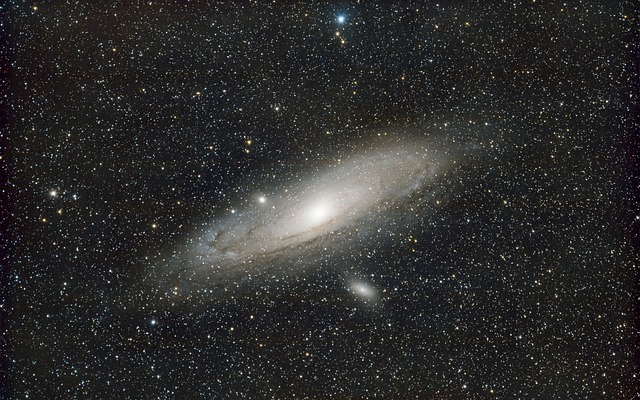
Mars has always been a planet of interest for NASA since it is one of the only other planets we know of that may have once been home to life. Therefore, much can be learned about our own planet’s past and future by studying Mars. Our desire to explore the moon resulted in great technological advancements. The desire to learn about and inhabit Mars will likely drive the same technological development and breakthroughs in the future. At this very moment, scientists and engineers at NASA are busy developing the necessary technology that astronauts will one day require to live on Mars.
How Long Will Mars Colonization Take?

In 2020, Musk stated that he envisions having a city on Mars that will be home to a million people by 2050. That is just under three short decades from now. However, as short a time frame as that may seem, many people within the scientific community believe that this time frame is actually feasible. However, this idea is not without its critics. One of those critics has worked with NASA astronauts and is a neuroscientist at the University of Florida, Rachael Seidler. In Seidler’s own words, she referred to the idea of Mars colonization as “a bit pie-in-the-sky.”
Issues With the Concept
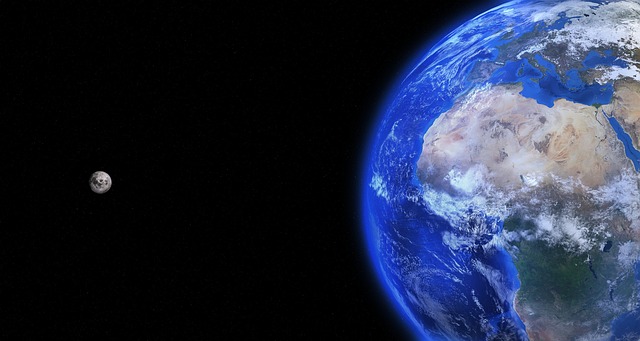
As mentioned earlier, Musk has stated that a colony on Mars would need to be completely self-sufficient in order to provide any real assurance of our existence. However, any colony on Mars would likely require regular shipments of tools and equipment. Who knows how long it would take to develop the necessary equipment and environment to manufacture supplies for themselves? Perhaps this does provide some credence to Elon’s argument. There would likely be many challenges to face and bridges to cross when it comes to establishing a self-sufficient colony. So, maybe getting started sooner rather than later is a good idea. Yet, one cannot help but wonder if it would not be more beneficial to focus on fixing our issues on this planet for now.
The Bottom Line
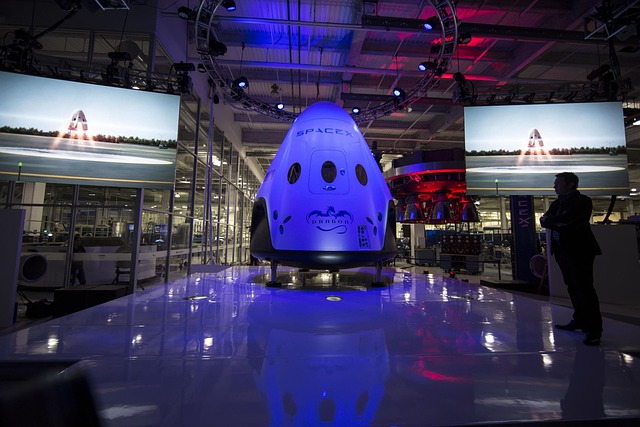
Elon Musk’s warning may appear harsh, yet it reflects a genuine concern for Earth’s long-term survival. Our Earth faces many dangers, some distant and others more immediate, such as climate change or nuclear war. Colonizing Mars may not be just a desire; it could be an intelligent choice for humanity’s future. Critics argue that we should first address Earth’s problems, yet both aims could potentially be accomplished simultaneously. Developing technology for Mars may potentially benefit life on Earth through creativity and new discoveries.
Read More: SpaceX Plans Mars Mission with Starship Next Year, Says Elon Musk
